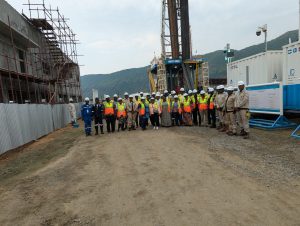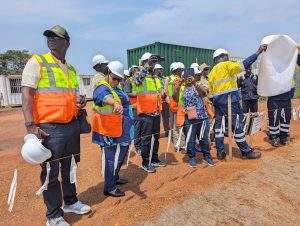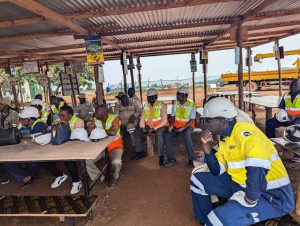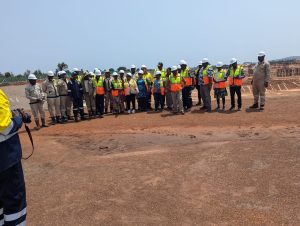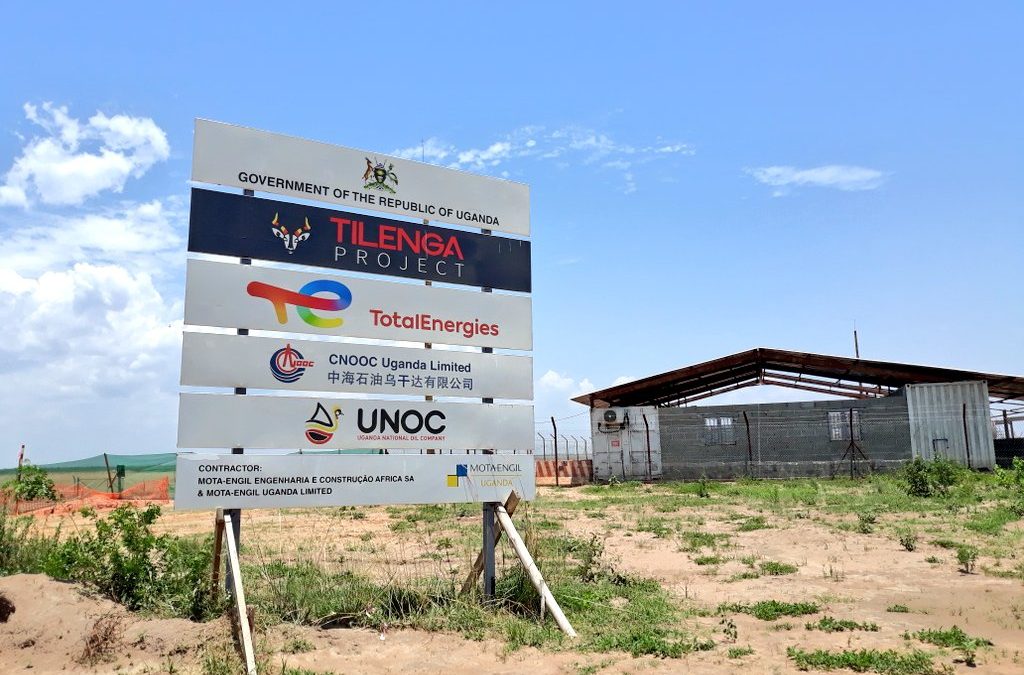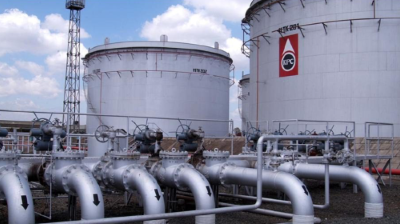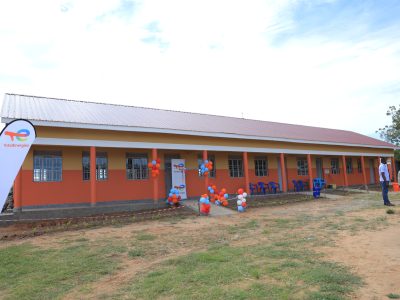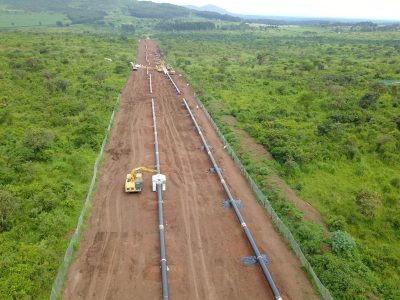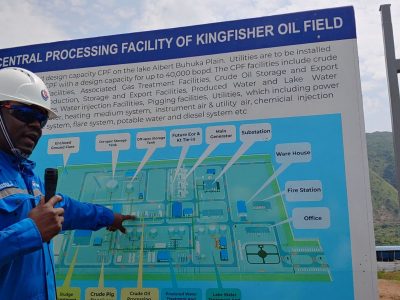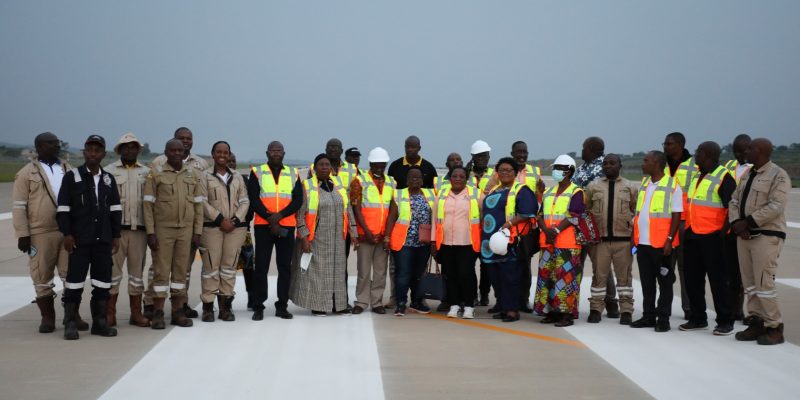
The Public Service Commission (PSC) has conducted a Human Resource Audit in Uganda’s Albertine oil region as part of efforts to fast-track preparations for oil production, expected to commence in 2026.
The audit, undertaken in partnership with the Ministry of Energy and Mineral Development, assessed manpower needs in the oil and gas sector and identified areas for future recruitment.
Dr. John Geoffrey Mbabazi, the Permanent Secretary of the PSC, praised the government’s commitment to developing oil and gas resources. Speaking during a three-day manpower visit by a PSC team to the Albertine oilfields, he said Uganda had invested significantly in training local expertise to reduce dependence on expatriates.
“Since the discovery of oil, the government has strategically focused on training the required manpower – geologists, engineers and other specialists – to ensure Ugandans can eventually take the lead in developing the industry,” Dr. Mbabazi noted.
He explained that the PSC was closely working with the Ministry of Energy to address human resource gaps, citing earlier collaborations in recruiting and promoting staff for major energy projects such as the Isimba and Karuma hydropower dams.
Seith Muhumuza, a Stakeholder Management Officer at the Petroleum Authority of Uganda (PAU), told the PSC team that 95% of the 17,000 workers across the oil and gas projects were Ugandan, with more than 4,000 recruited from communities in the Albertine region.
Every expatriate is required to train at least two Ugandan understudies to guarantee knowledge transfer and continuity, he added.
A 2024 PAU report revealed that beyond those directly employed, an additional 34,889 Ugandans were indirectly engaged in the oil and gas value chain, while 100,115 benefited from induced jobs (in manufacturing, tourism, and agriculture, among others).
The report highlighted that Ugandans hold 64% of management positions, 85% of technical roles, and 99% of unskilled jobs in the sector – “a testament to the country’s growing capacity and local content development” – according to PAU.
The above align with the 2014 Industry Baseline Survey (IBS) that projected that Uganda’s oil and gas sector would create between 160,000 and 200,000 jobs at peak development, with Ugandans dominating in numbers due to strengthened local content policies.
Joseph Oceger, a steel fixer from Kumi district working on TotalEnergies’ Tilenga project in Buliisa, said he could now handle tasks like lifting, assembling and arranging steel bars – expertise he will use even beyond the oilfields.
Eng. Dr. Geoffrey Ogwang, the Acting Commissioner in the Midstream Petroleum Department, said oil production will be a game changer for Uganda’s economy once commercial output begins next year.
The PSC team toured strategic sites such as Pump Station one of the East African Crude Oil Pipeline (EACOP) in Hoima, the Kingfisher Development Area in Kikuube, the Tilenga project in Buliisa, and Kabalega International Airport.
The PSC’s mandate includes advising the president on appointments, ensuring proper human resource practices, coordinating recruitment across ministries and districts, and handling service-related grievances.
